A Month in Siena 10/16/2023
The Bourdain Paradox
Solving overtourism
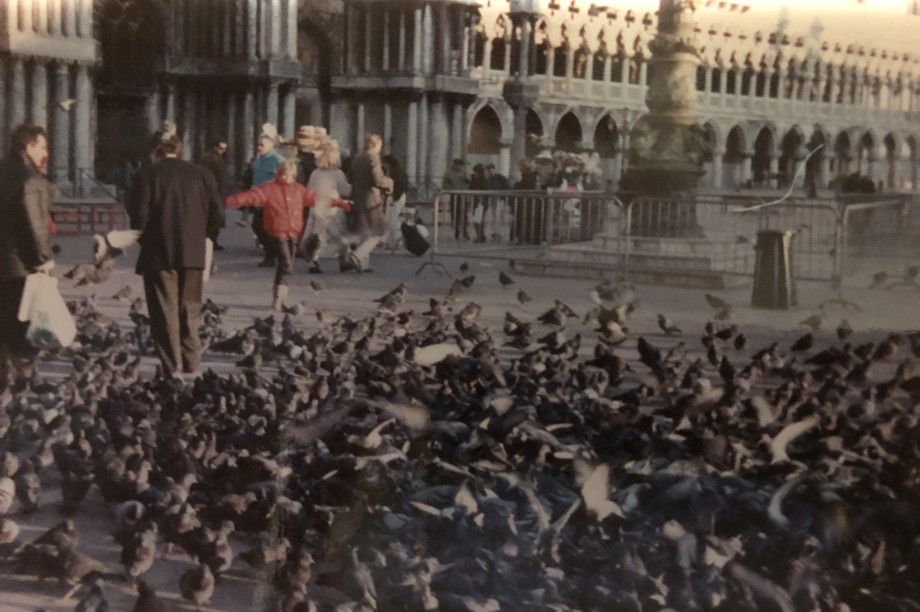
Saint Mark's Square, Venice, December 1989
Reading time: 3 minutes
Return to Blog Home
June 30th, 2020 at 4:12pm
Please consider disabling your ad blocker, it disrupts site functions in addition to blocking ads. Thank you!
Bourdain didn't repeat himself.
Not like Bob Barker. Pleasantly matter-of-fact, the host of The Price Is Right would hold up that long microphone and remind us to spay and neuter our pets at the conclusion of every episode.
Bourdain's concern with overtourism didn't resemble anything like Barker's about animal reproduction, but, yes, a few times he came right out with it. So I named a paradox after him:
The Bourdain Paradox: Calling attention to a great place can destroy it.
The word destroy is neither excessive nor hyperbolic. In an interview on NPR's Fresh Air in 2016, Bourdain referred to the "double-edged sword" and "destructive process" of featuring a place on his show.
The paradox also applies to a city, which scales better than an individual attraction...until it doesn't. And then the shit hits the fan.
If too many people think of a cool bar, or a beautiful beach, or a fun attraction as a box to check off their travel wishlist after seeing it on TV, they will walk through it with metaphorical sandpaper on their shoulders, elbows, feet, and phones. They will wear that thing down until it's unrecognizable, and eventually it will be difficult, if not impossible, to see what made it great in the first place.
It's big
The paradox also applies to a city, which scales much better than an individual attraction...until it doesn't. And then the shit hits the fan.
If a restaurant is crowded, you have three choices: wait, go to another one, or come back later. It's on or off. Yes or no.
It's different with a city, which can absorb large numbers of people per day. Traffic might be heavy and you may have to wait in longer lines, but overall you can manage. Once a city reaches its limit, though, things start breaking. It's unsustainable.
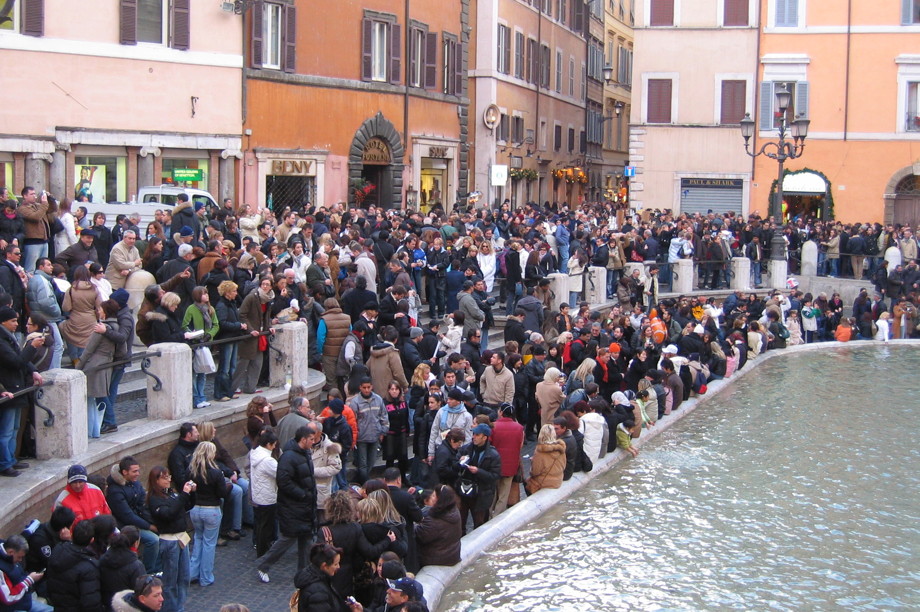
The Trevi Fountain, Rome; photo by Brodie319 released into the public domain. (Mods) |
This isn't necessarily an indictment of people or the contemporary travel industry. Overtourism is repellent, but it’s the natural result of globally interconnected information systems, social media, relatively wealthy Westerners and a ballooning middle class in China, and innovative and disruptive services in hospitality and travel.
So what can we do about it?
What won't work
Evangelizing about "mindful travel." Nope. Travelers either roll that way or they don't. If the concept doesn't come naturally to someone—and, in my experience, it doesn't to most people—preaching, teaching, or reaching won't help them see the light. (Note: one study classified about 13% of tourists—1 in 8—as "mindful.")
It's easy to introduce desire and want. It's much more difficult to guide people toward selflessness.
The industry needs to communicate consistently, creatively, and over time the idea that the middle is cool. Because it is.
What will work
In overtouristed places: Econ 101. Simple supply and demand. It requires political will. I don't know the mechanics of it, and I'm sure it would be difficult to pull off, but if the price of a hotel room or homeshare rocketed because the local government raised taxes during high season, and if incoming tour buses had to pay fat tolls just to lurch through the city gates, that would put a dent in the number of tourists.
And the numbers are the problem.
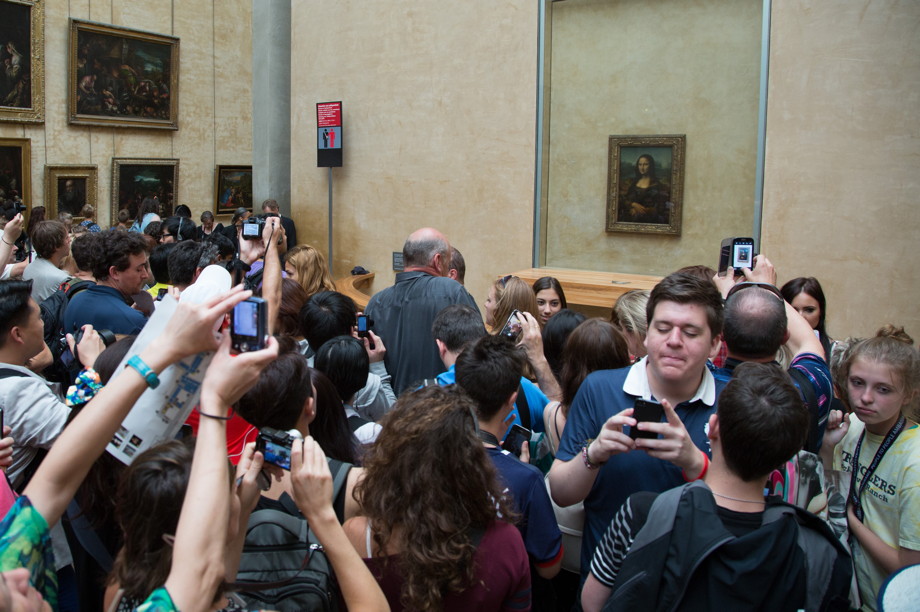
The Mona Lisa at the Louvre; photo by Victor Grigas CC BY-SA 4.0. (Mods) |
The prices have to ask potential visitors, "You want to come to Venice? Cool. Enough to pay $795/night for a double with WC, complimentary breakfast, and free wifi? No? Then make way for someone who does."
In medium-sized cities and service publications: A long-term shift in the romanticization of travel. This is the important one. DeBeers made generations of women swoon for rocks so common they're stored in underground vaults to restrict the supply and artificially increase the price. Their husbands pay the "generally accepted" two months' salary rule. If marketing geniuses could sell diamonds so successfully, they can sell new vacation destinations.
They don't need to sell New York, Venice, or Dubrovnik. They don't need to sell Carmel or Charleston, either. (The latter has been overhyped for the past ten years anyway, let's all agree to give it a rest.) They need to sell Backseat Cities: the cities in the middle that "take a backseat" to big destinations as well as to the small towns that writers lazily call "quirky," "charming," or "hidden gems."
You want to go to Venice? Cool. Enough to pay $795/night for a double with WC, complimentary breakfast, and free wifi? No? Then make way for someone who does.
Why do they need to do so? Because, for some reason, when compared to big cities and small towns, marketing for Backseat Cities is almost always an afterthought—even though they're sensational destinations.
The shift is not a ridiculous ask. The DeBeers marketing team didn't have to convince Marilyn Monroe to wear ugly things, or use catchy slogans to cover up for a horrific product. Diamonds had something special to work with, but they weren't "diamonds" yet. It's the same with Backseat Cities!
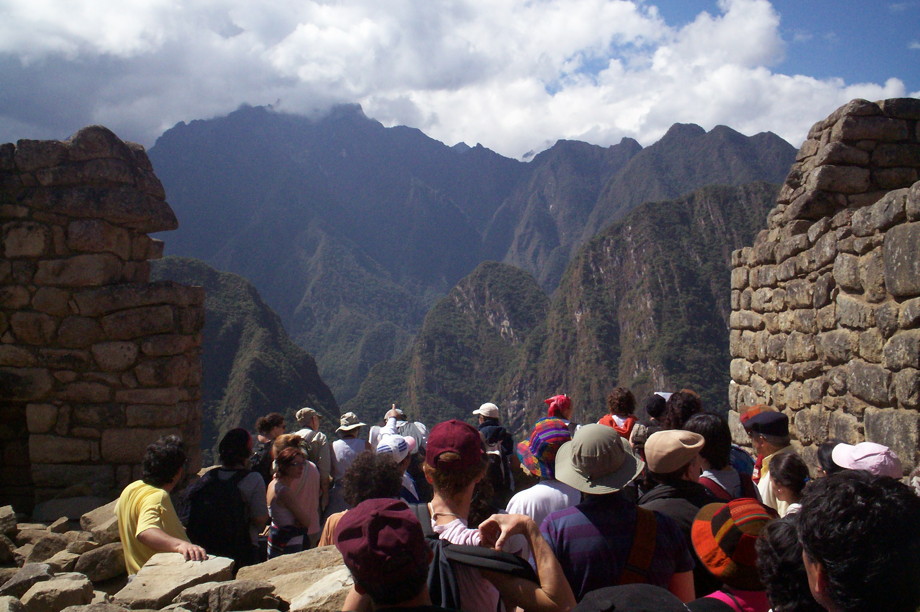
Machu Picchu; photo by Marrovi CC BY-SA 4.0. (Mods) |
I understand Paris and Bali will always hold a certain kind of appeal to travelers, as they do to me, but have you ever spent five days in Boise? Rochester, NY, Lafayette, LA, or Cleveland? I have. I saw fantastic attractions, ate incredible food, and didn't spend much money. Best of all, there were almost no crowds anywhere.
Just think if Backseat Cities could replicate the energy and creativity of the statewide campaigns Honestly, It's Not For Everyone (Nebraska) or Pure Michigan.
The industry needs to communicate consistently, creatively, and over time the idea that the middle is cool. Because it is. It's fun. And it's totally worth a week's vacation. We can move people from overtouristed hellholes to exciting, original cities. Everyone will be better off.
Recent Posts
Eyewitness Travel: France 4/24/2023
L'Africain du Groenland 8/2/2022
On the Plain of Snakes 5/17/2022
Volcanoes, Palm Trees, and Privilege 3/22/2022
L'axe du loup 2/28/2022
The Art of Travel 12/31/2021
Postcard: Los Angeles 11/5/2021
Afropean 8/6/2021
Roadrunner 7/22/2021
Popular Tags
Archive
Show moreAbout
Recent Tweets
If you toggle the switch above the words "Recent Tweets" and it still says, "Nothing to see here - yet," it means the idiot who broke Twitter either hasn't gotten around to fixing this feature, or intentionally broke it to get us to pay for it (which is moronic, I can easily live without it and it generated traffic to his site).

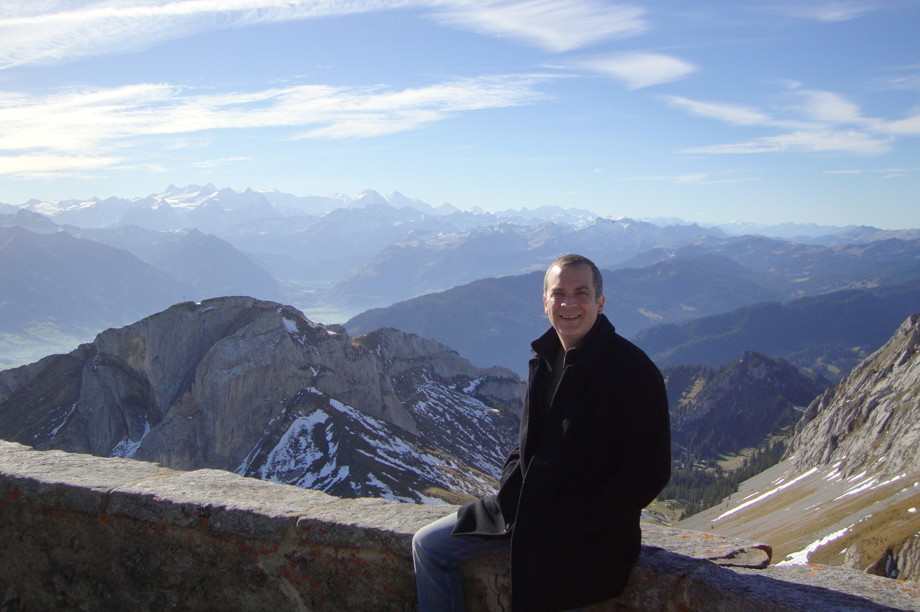
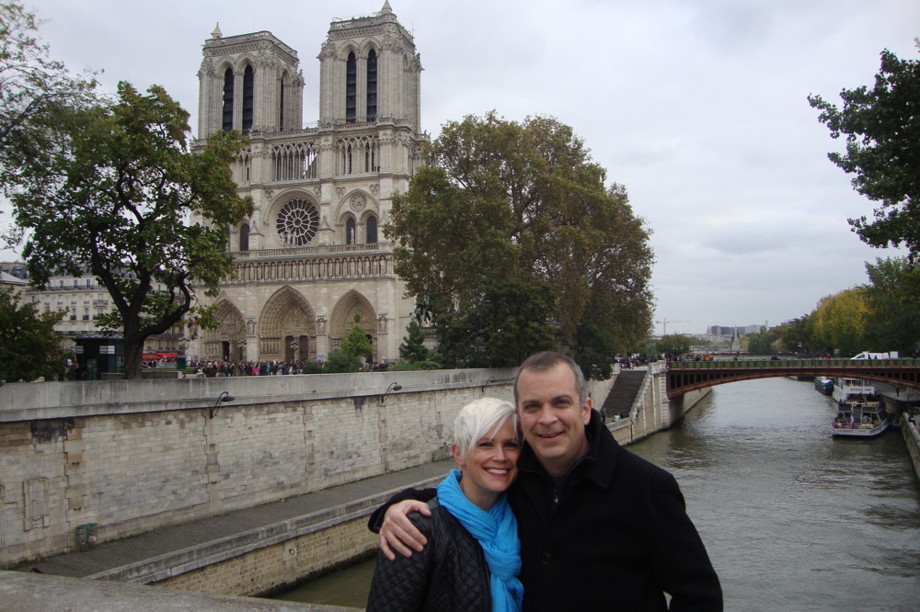

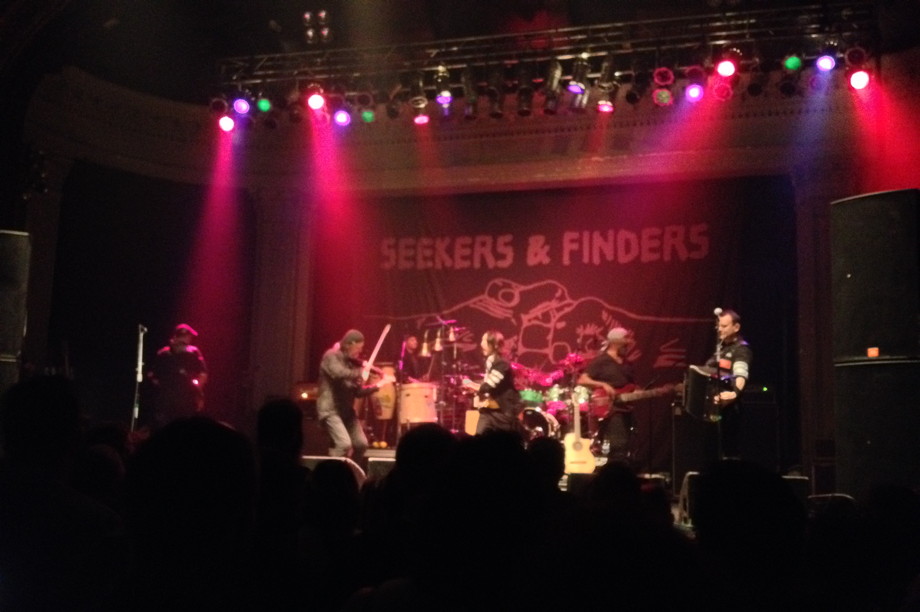

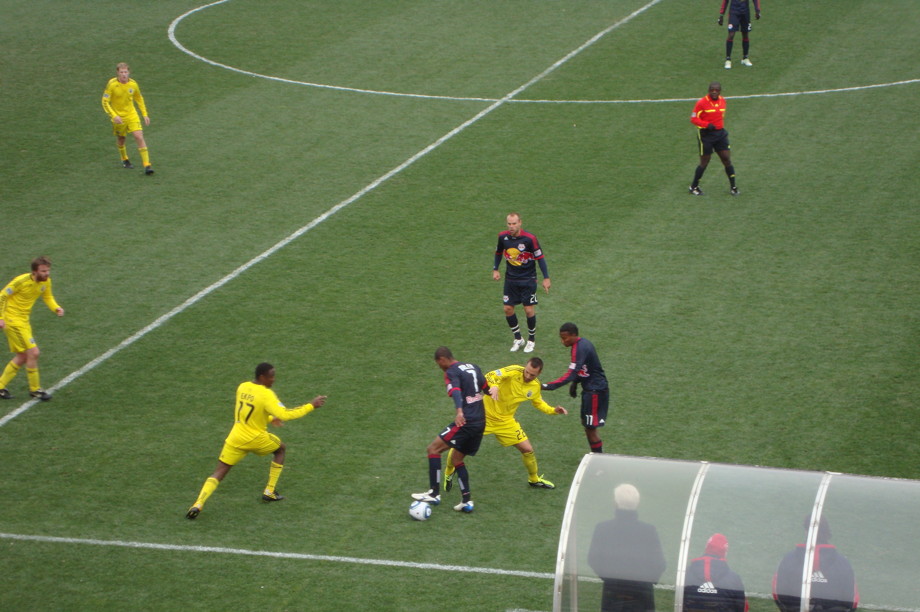

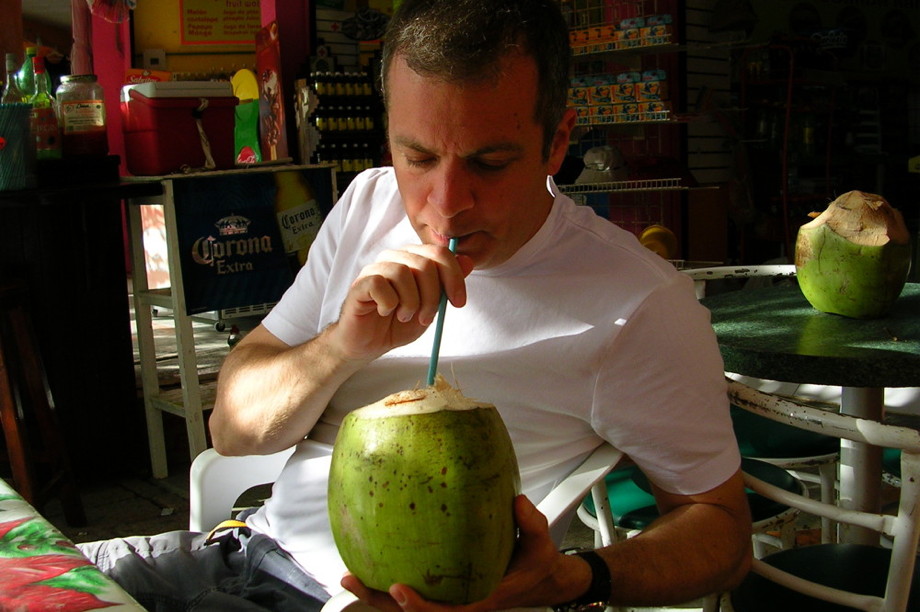

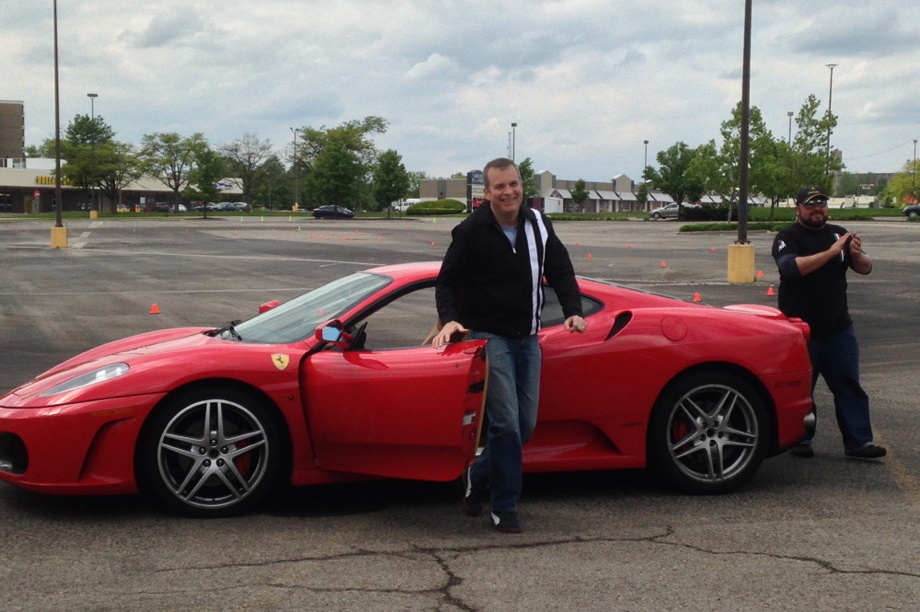

Add a comment
Comments